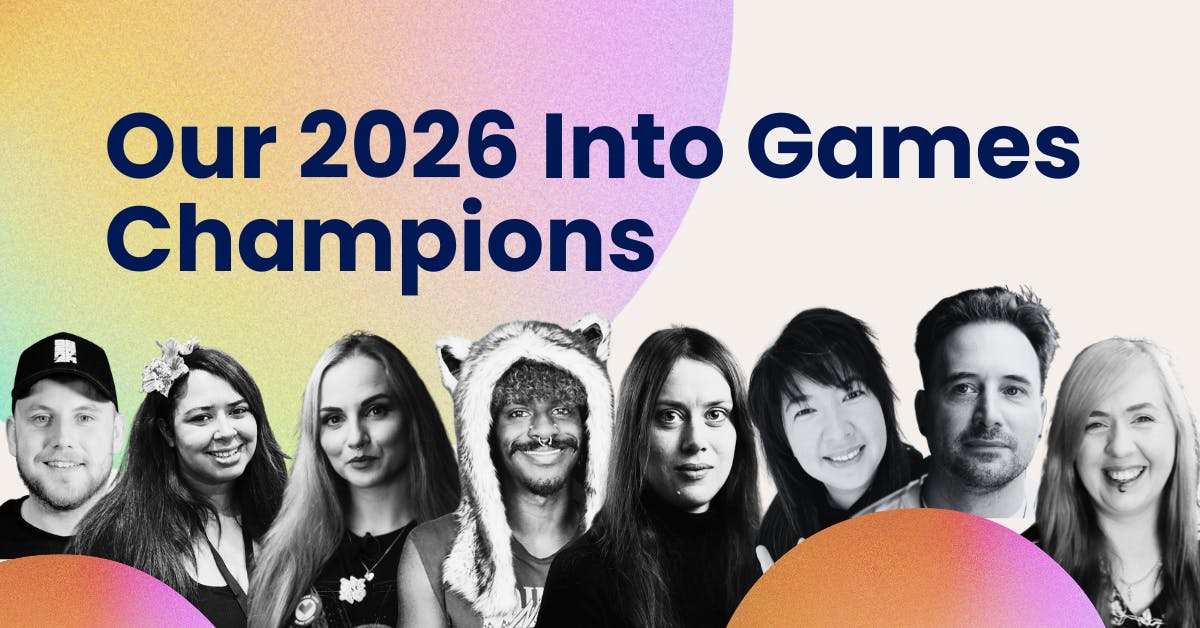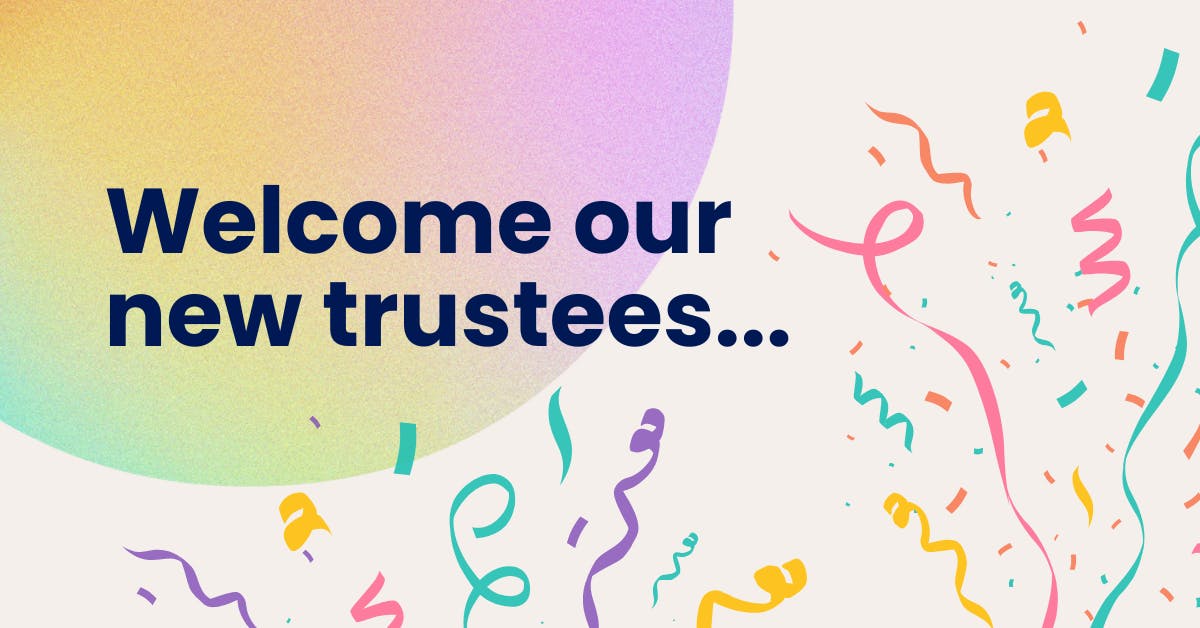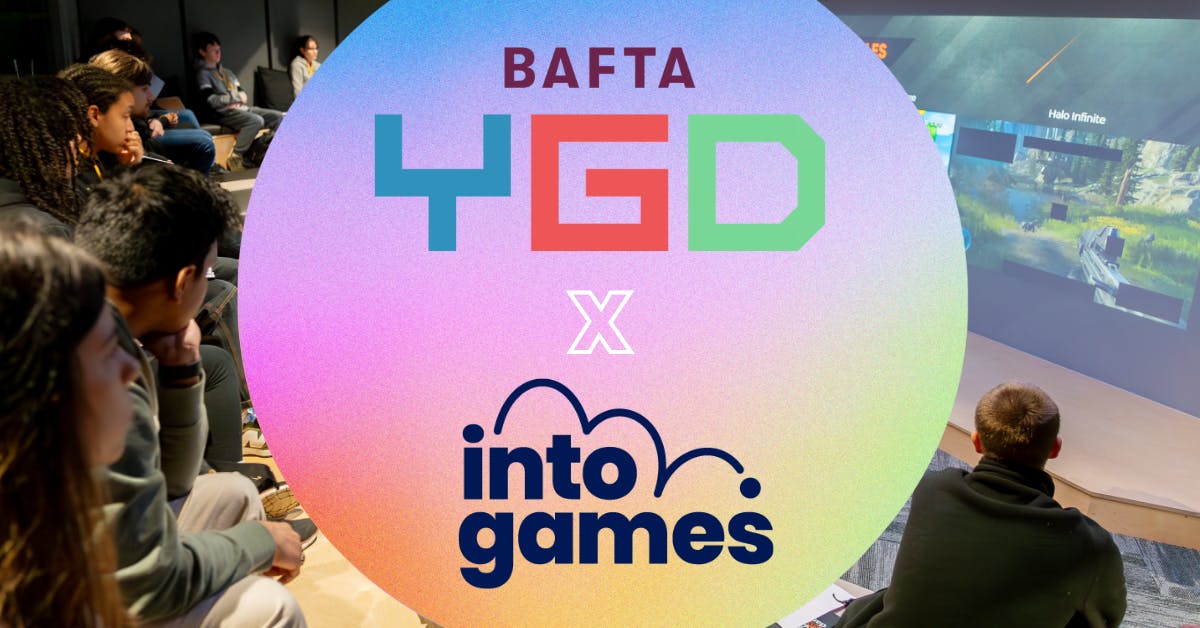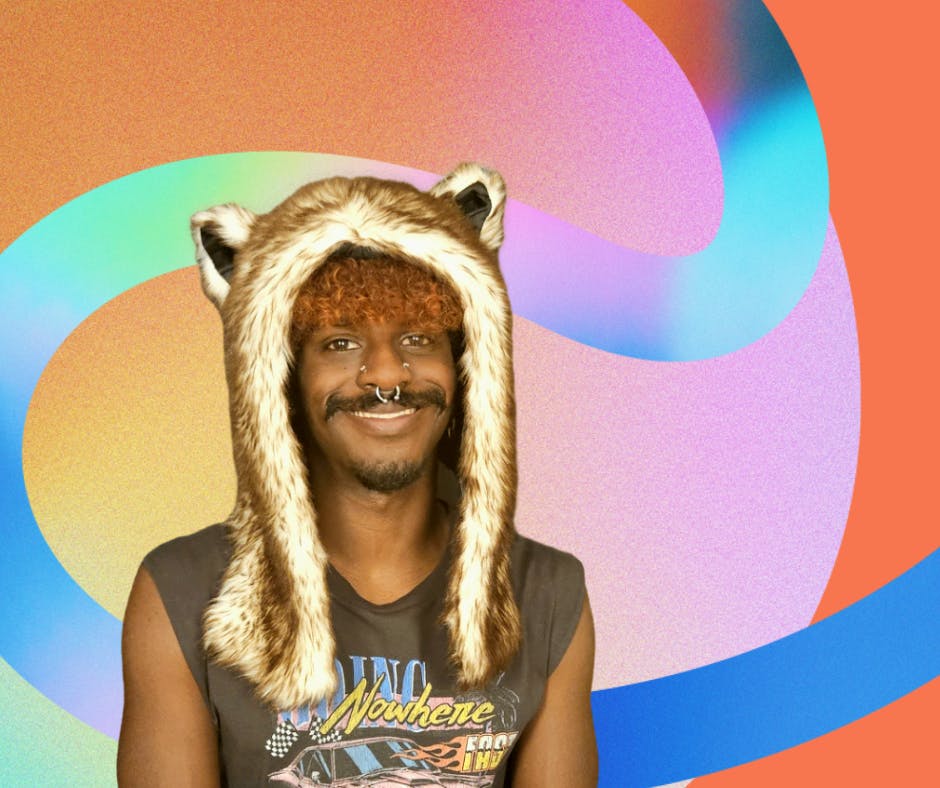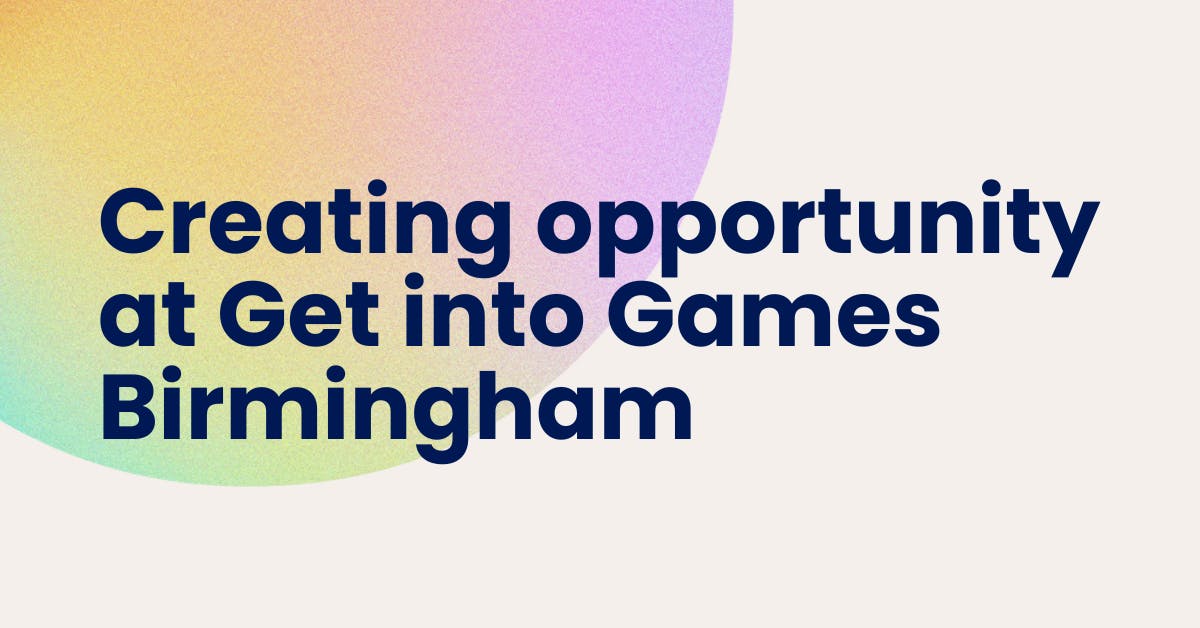
21 September 2020
What does a Voiceover Artist in games do?
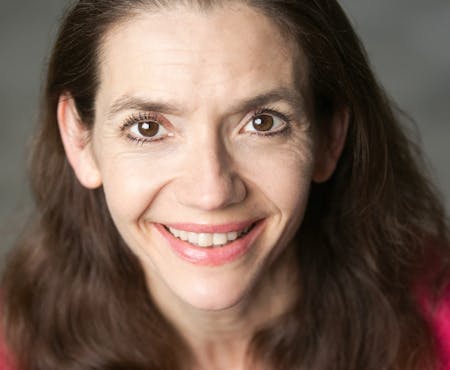
Laurence Bouvard has contributed to a wide range of games of all types and genres, including Terminator: Resistance, Horizon Zero Dawn, Desperados, The Witcher, Inazuma, Broken Sword, Tropico 5, and many more. Laurence is possibly best known for her role in Joanna Dark in Perfect Dark Zero, the prequel to the internationally award-winning and multi-million selling first-person shooter Perfect Dark from famed game developer Rare. We asked Laurence, some key questions about getting into the games sector.
Explain your role like I'm 5 years old
I create the voices (and sometimes the movements) for the characters in videogames and through that, help to bring their stories to life.
Take us through your average day at work
The short answer is that there is no average day at work. As a freelancer, every day is different, and not all of what I do is for games - I also work in film, TV, audiobooks, ads, cartoons, audio drama, presenting, just to name a few. Some days, I’ll be preparing scripts at home or sending off showreels; other days, I’ll be in the recording studio.
If I’m working on a game, I will sometimes be given a script in advance, but that doesn’t often happen, so one of my first jobs, when I get to the recording studio for a session, is to see the artwork of the characters I’m going to play, then skim the script if there’s time. Once in the booth, that’s when the fun begins. The director will tell me about the character, their relationship to others in the game, and the world they live in. After that, I will plunge in, guided by the director to create the role, with the script usually displayed on a screen in the booth. Unless the character is a main part, I will often be playing a few different roles in the game, as the casts can be quite big.
We are often working to a deadline and studio time is expensive, so I am expected to do my job quickly but well, making as few mistakes as possible. Sight-reading and the ability to take direction and think on your feet are important components of this job. Usually, actors are recorded one at a time, so you don’t get the luxury of performing off of each other - you really need to use your imagination. It can be physically exhausting sometimes as well, particularly if the role is large or there is a fight or a battle scene.
What was your educational and career journey into your current role?
Although I did a degree in linguistics at Harvard first, the most important preparation for my career was without question the drama school training I did at LAMDA. You don’t necessarily need a degree to do what I do (though all education helps) but you definitely need proper training in acting, including how to use your voice and body properly.
What do you love most about your role?
I love bringing the characters to life and acting out their stories, particularly as the nature of videogames generally allows you more scope and freedom to explore a personality. There’s a huge amount of variety, too - I’ve played teenage girls, ghosts, dragons, commandos, freedom fighters, and young children. It’s a creatively satisfying job, and exciting to hear your voice in the game afterwards.
What's the hardest thing about your role?
The most difficult aspect is undoubtedly the irregular nature of the work. At the moment, it’s very tough to have a full-time career acting in games, though a small handful of actors are able to do so. You need to be prepared for the fact that you never really know when the next job will turn up, so it’s good to have other types of work to rely on.
What key skills should people work on to do your role one day?
The most important are acting skills, and as part of that, you need vocal training so that you can use your voice properly and safely. Sight-reading and improvisation skills are a must, while knowledge of languages and accents is a definite plus. You need to be able to take direction, listen well, be flexible, and know how to collaborate with others. Read as much as you can, both for the stories and to familiarize yourself with a wide range of vocabulary and styles. It’s also helpful to have general cultural knowledge, whether that’s films, shows, other games, or literature. The more stories, references, and archetypes you have to draw on, the better.
What advice would you give to your younger self looking to get started in the industry?
Believe in yourself, and don’t work for free. It’s difficult when you are young not to think that everyone else has more experience than you do or has better skills, and that accepting no pay/low pay is the only way in. While there will always be those people who are shinier, that simply does not mean there isn’t room for you as well. It also means, though, respecting yourself as a professional freelancer. If you work for free or for a low fee that’s all people will think you are worth; it also makes things harder for the industry all round. If you are good enough to land the job, you are good enough to be paid properly.
Do you have any links to good articles or videos that you think might give some tips or advice to someone starting in your role?
Here’s an interview I did with Remeshed a few years back which goes into more detail:
Laurence Bouvard - Letting Passion Push Your Career
Stay up to date
It's time to level up your inbox
Pick which newsletters you're interested in receiving, and customise further by specifying a discipline.
Join our mailing listTell me more

